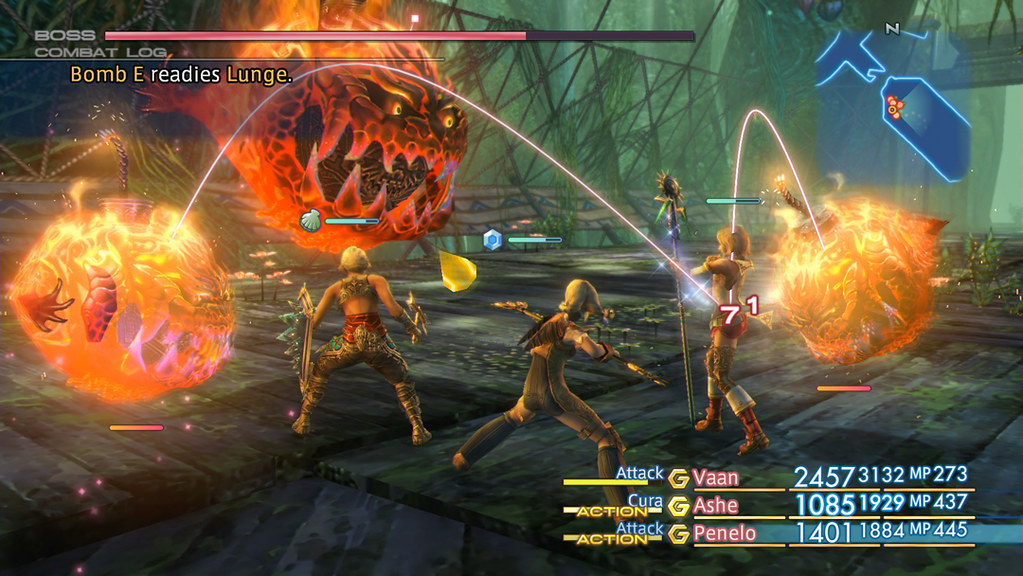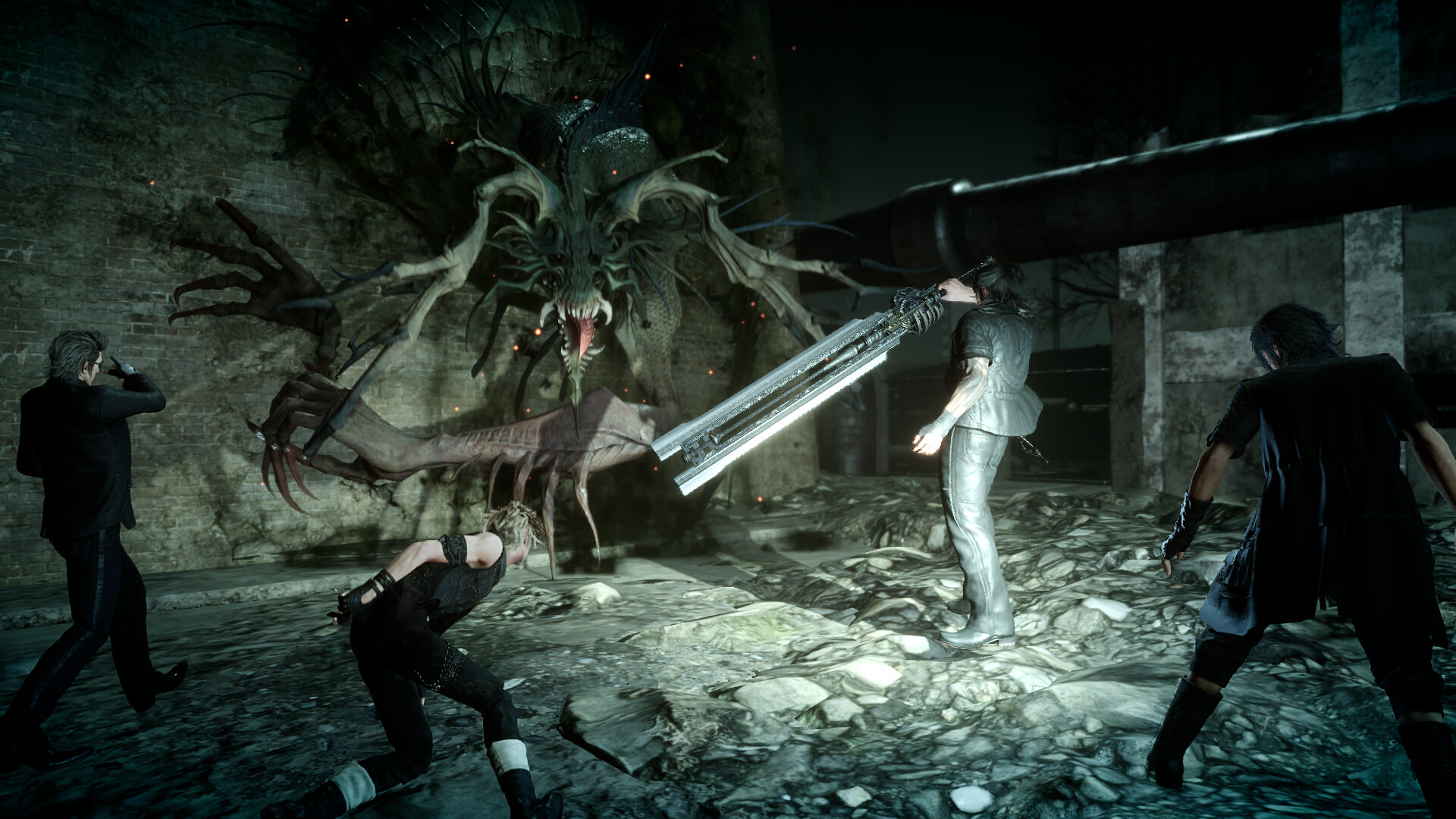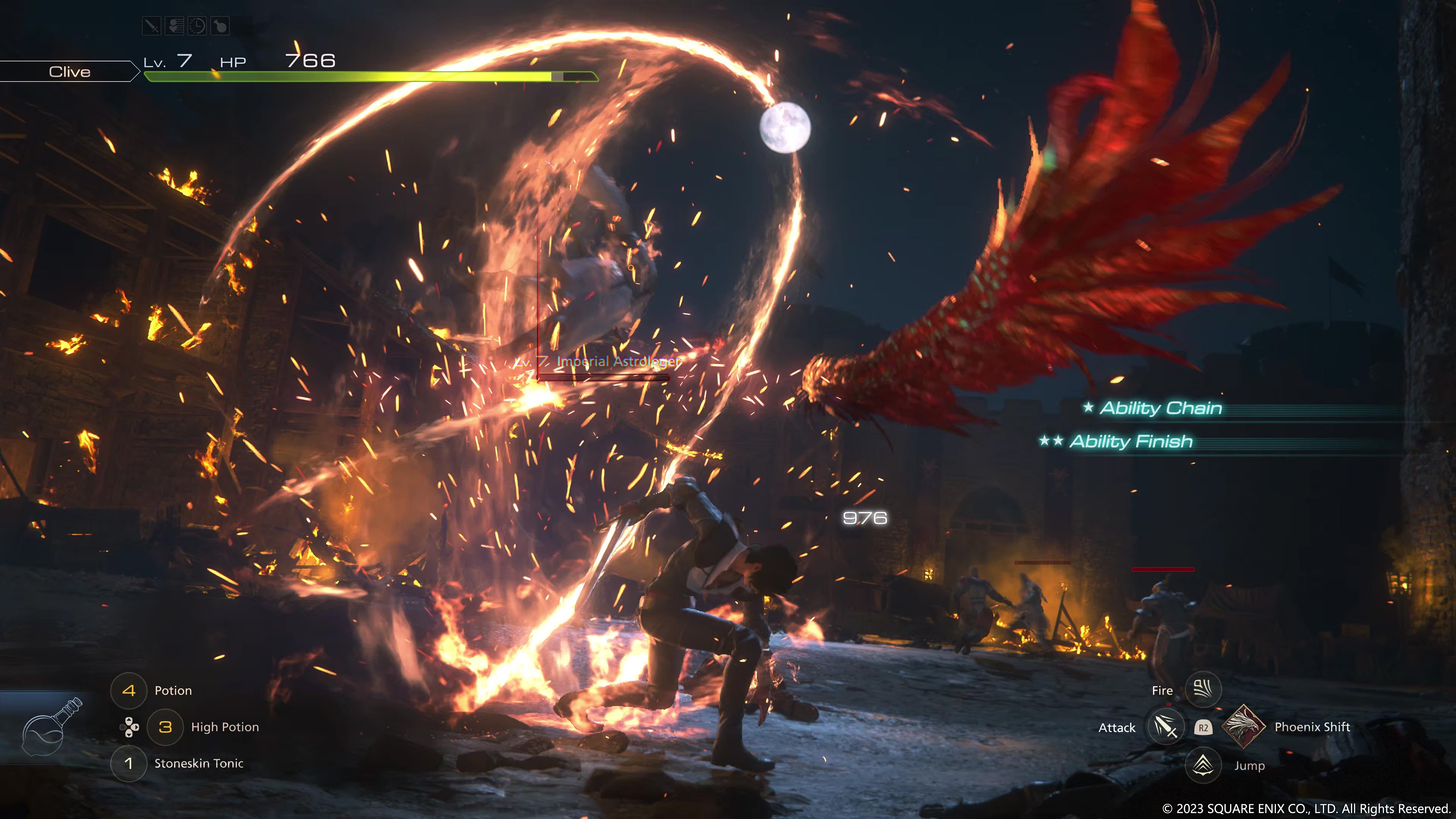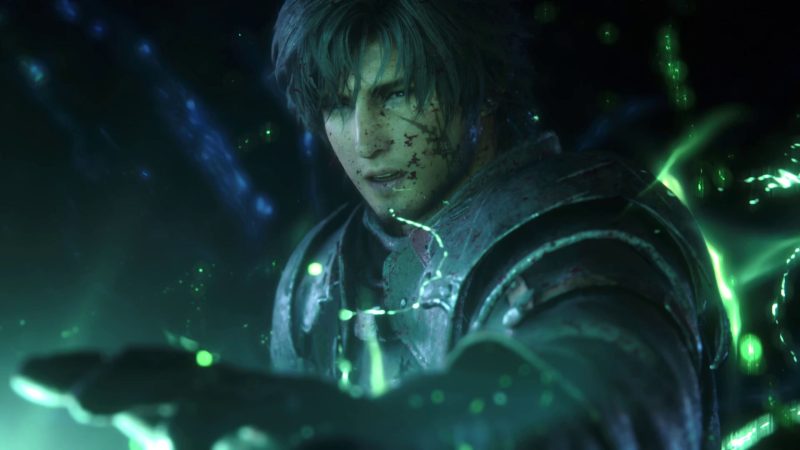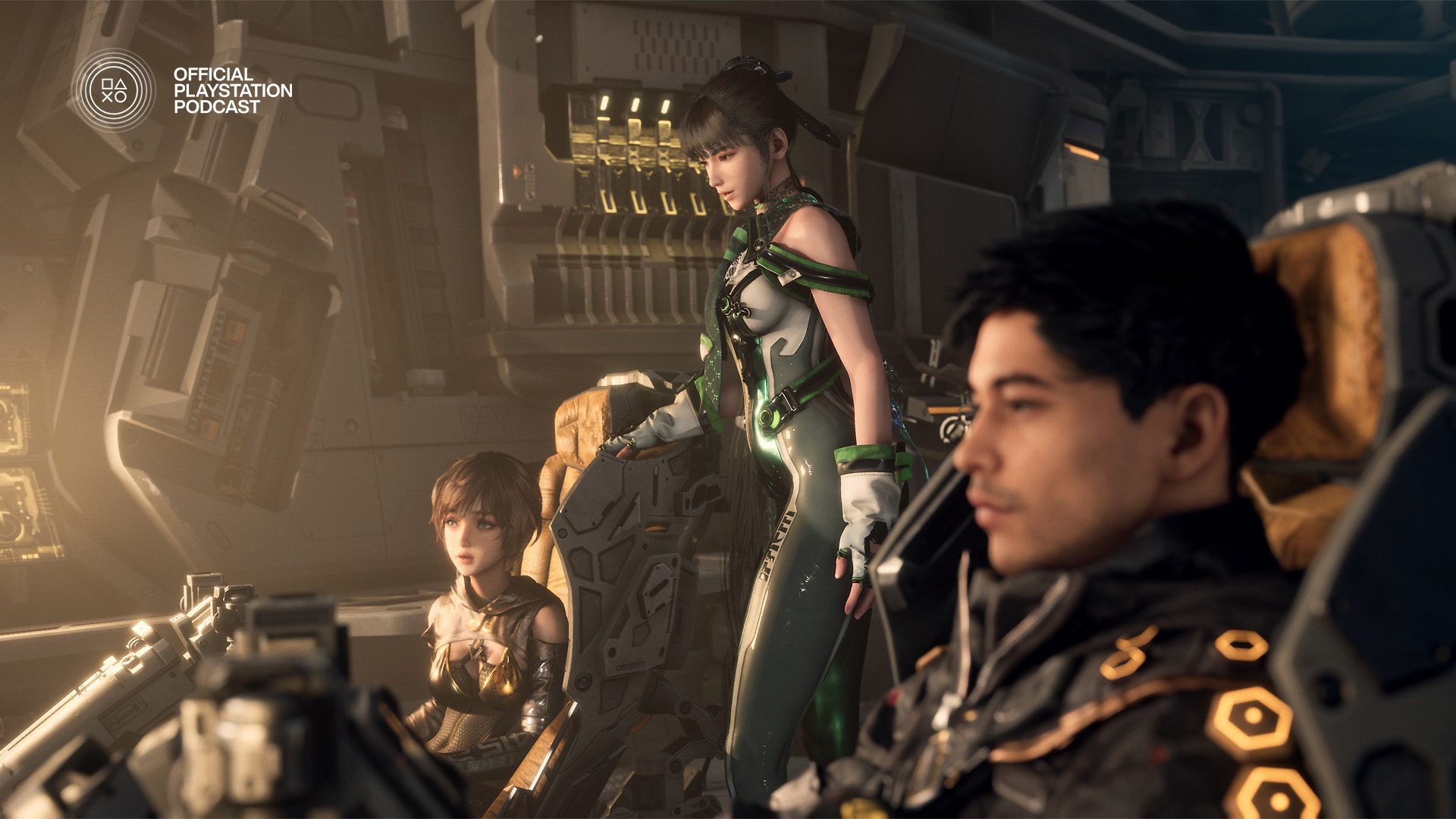How Final Fantasy XVI respects the series’ past and embraces the future – PlayStation.Blog
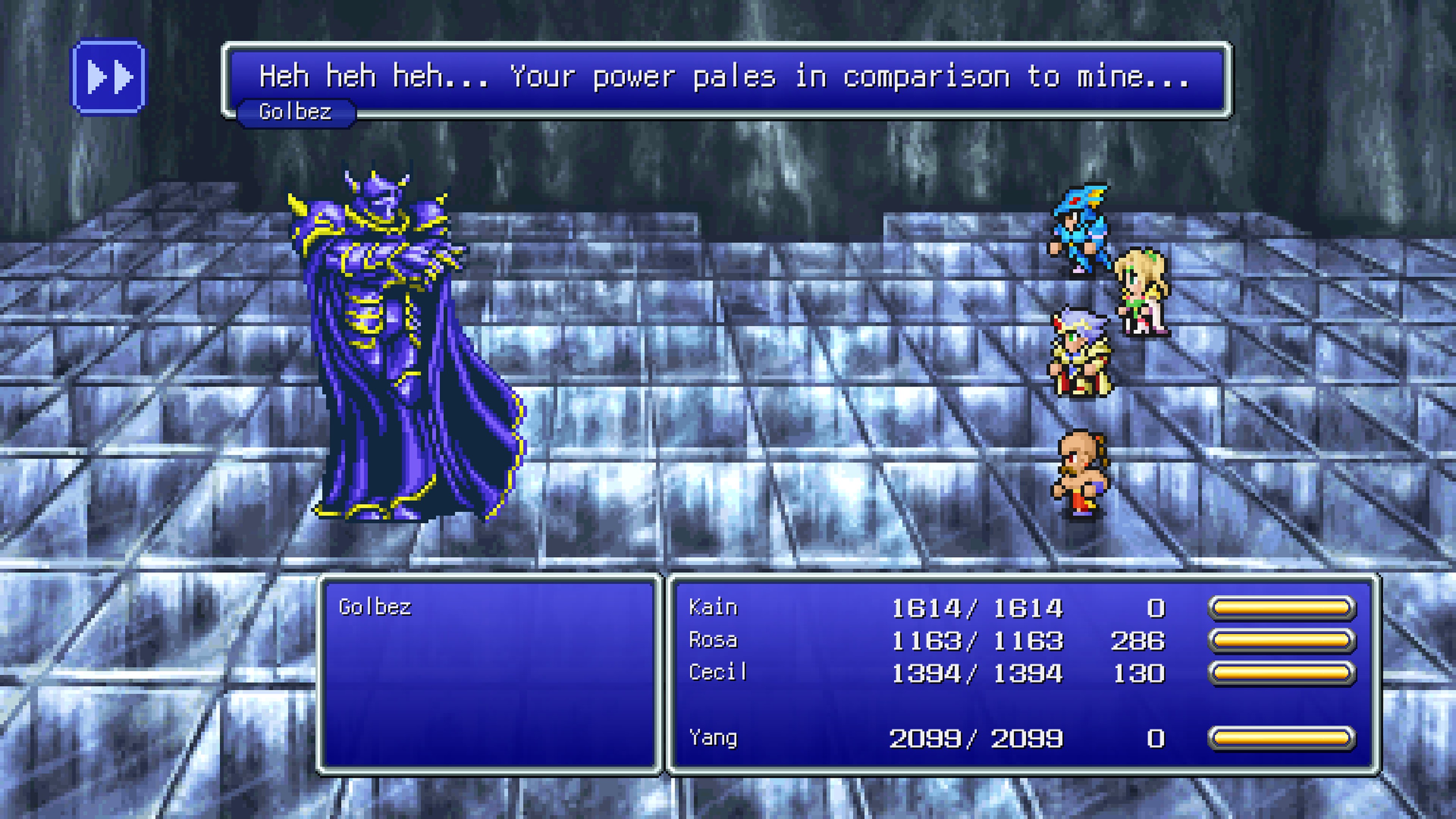
Developing a new numbered Final Fantasy game is a balancing act. Players have expectations of what they’ll encounter but still crave elements that change up and build upon established series traditions. But even those have to start somewhere: many elements commonly associated with Final Fantasy as a whole–Chocobos, Moogles, summons, and beloved job classes and abilities–were, at one point, completely alien to the series. Finding a delicate balance between tradition and innovation is always challenging, especially so with Final Fantasy XVI, the first numbered game in the long-running series to fully eschew menu-driven battles in favor of real-time combat.
From Active Time Battle to fighting in real-time
Elements of action gameplay have evolved in Final Fantasy over time, beginning with the implementation of the “Active Time Battle” system in Final Fantasy IV. This upped the pressure on players by forcing them to respond quickly and consider the order in which enemies and allies would be able to act. Waffling on crucial decisions could prove costly, as foes would continue their onslaught no matter how long it took you to input your commands. (If you want to check out the genesis of Active Time Battle, you can play the Final Fantasy IV-VI Pixel Remasters now available on PlayStation.)
Final Fantasy IV (left) and Final Fantasy XII (right)
Active Time Battle would serve as the mechanical basis for most numbered Final Fantasy games going forward, with the positioning-driven open-field combat of Final Fantasy XII and the dynamic, on-the-fly role-swapping battles of the Final Fantasy XIII saga building on many of the concepts ATB solidified. Final Fantasy XV moved many of the typical menu commands to face buttons, shifting combat in a decidedly action-focused direction.
Final Fantasy XV (left) and Final Fantasy VII Remake (right)
Even with this gradual evolution, many modern Final Fantasy games, notably the Final Fantasy VII Remake series, still use some hybrid of menu- and action-driven gameplay. FFXVI going full-on action-RPG surprised many hardcore fans, who wondered how this may impact the “essence” of Final Fantasy. To talk about developing FFXVI to evolve the franchise while satisfying existing fans, we sat down with producer Naoki Yoshida and director Hiroshi Takai to dive deeper into their process.
Action and drama make for great stories
Yoshida’s love for Final Fantasy blossomed from the very beginning of the series. “Final Fantasy I was an important gaming experience for me,” he says. “I bought it on launch day, and I remember how confused I was when I booted it up and there was no title screen. Then you leave town and cross the bridge, and up comes the Final Fantasy logo! I was blown away that a video game could feel so cinematic, and that’s what I wanted to recapture with this new game—the feeling that you’re playing the leading role in an epic movie.”
“So yes, I grew up on turn-based RPGs, and they still have a special place in my heart,” he remarks.
“We decided to go with real-time combat in FFXVI for two main reasons. The first is simply that most of the members of our development team are gamers, and recently, most of us have been into action games. The controller-gripping combat in those games really makes you want to pour hours into them. The other reason is that, in today’s market, going with an action combat system that anyone can get to grips with quickly and easily was our best way of appealing to the largest audience.
“By interweaving the real-time action with a fantastical story, we believed that we could create a game that was still Final Fantasy at heart. And, of course, when we say we want to appeal to the largest audience possible, that includes stalwart fans of turn-based games and those who aren’t the greatest at action games, too. We’ve put systems in place so that anyone of any skill level can enjoy the game just as much as a seasoned action gamer—maybe even more.”
Soul of Final Fantasy
Yoshida, a veteran producer who helmed the universally praised reboot of Final Fantasy XIV, also recognizes the expectations that come with the Final Fantasy name. “Making things different for the sake of it is the easy option,” he says. “For me, the key elements to an FF game are the cinematic presentation, the gripping story, and the battle system that underpins it all–not to mention the cutting-edge graphics and evocative soundscape. The combination of all those things, plus the fact that the world, story, and characters change with each installment, makes it feel like a series that is always breaking new boundaries. As Hironobu Sakaguchi, the father of the series, once said, ‘Final Fantasy is what the director at the time thinks is best.’”

“FFXVI is no exception–the whole team worked together to make the very best game we could. The challenge we set ourselves was to change things up while keeping the game recognizably Final Fantasy. For instance, the classic high fantasy setting was inspired by the time-honored FFI. When you play through FFXVI, there are lots of little touches and nods to that game.”
Director Hiroshi Takai chimes in with his perspective. “One of the stand-out things about the franchise is that every one of the games in the mainline series brings with it a whole new world, story, and gameplay experience. It’s the shared elements that tie them together–the summons, the spells, the Chocobos and the Moogles–as well as the things that always change between entries, like the battle system–that make Final Fantasy games unique. Maybe the reason the players have stuck with the series so long is because we’ve always stayed true to the vision Yoshida mentioned–striving to make the very best game they can at that particular moment.”
“I’ve also played every installment in the franchise and have been involved in the making of a fair few of them,” Takai continues. “So naturally, I’ve taken a lot of inspiration from past games, even on a subconscious level. For example, I loved the customizable ability system from FFV–that idea formed the basis of the new battle system in FFXVI.”
Perhaps the most recognizably Final Fantasy element in FFXVI are the Eikons–summoned monsters known by many different terms like “Eidolons,” “Espers,” “Guardian Forces,” and more throughout the series. Takai explained their place in FFXVI.
“The classic Summons take a leading role in both the story and the battle system,” he says. “Even though we’re switching over to an action battle system with this game, it’s all centered around the Summons, which gives it that all-important Final Fantasy flavor.”

A worthy successor
Even with all of their passion and effort put into the game, the team acknowledges that some players might not see Final Fantasy the same way they do. “Every FF fan around the world has a different idea of what makes for the perfect FF game,” notes Yoshida. “And as a fan myself, I’m sure my own idea differs from everyone else’s. So while we always knew that it would be impossible to satisfy the expectations of the whole fanbase, Takai, [Kazutoyo] Maehiro, and the whole of the development team took the approach to make the game we wanted to make while at the same time keeping an objective eye on the fans’ expectations. I think it’s important to always try to remain objective about your own work, even if it’s only for your own peace of mind.”
Takai is optimistic that fans will find a lot to enjoy about FFXVI upon its release date. “I hope that Clive’s story, and the hopes and dreams of all the people of Valisthea whose path he crosses, will stay with players. The decisions that Clive and his friends make are seen and judged differently by the different people of the realm, and I think there’s a real parallel with the world today, where everyone has a different viewpoint. FFXVI is a game that tackles the issues that it deals with head-on in both the story and the presentation, and I hope that, when people look back on it and its place in the series, it will be remembered for exactly that.”
Final Fantasy XVI will launch exclusively for PS5 on June 22. Be sure to download the demo ahead of time and transfer your progress to the full game.

